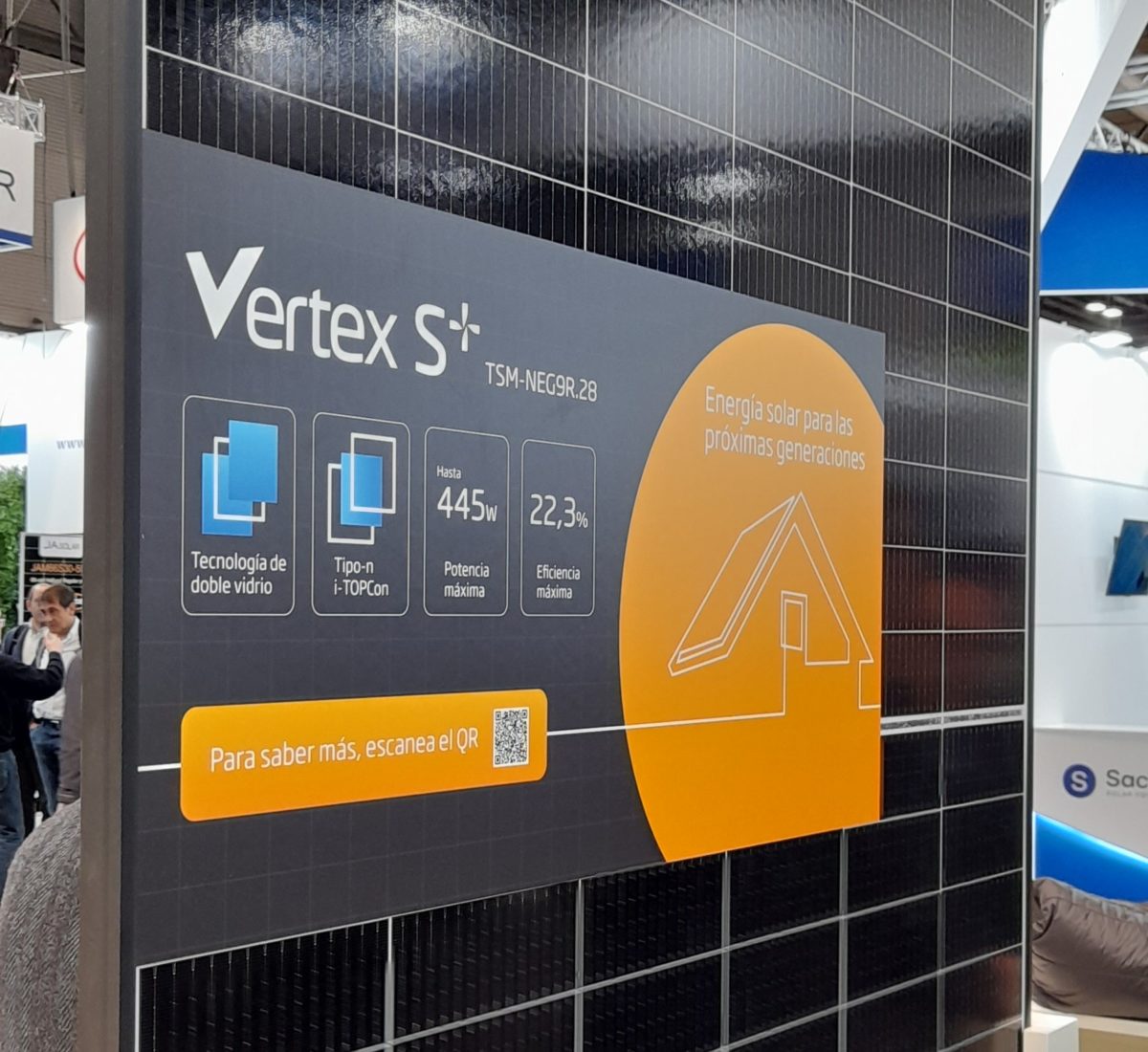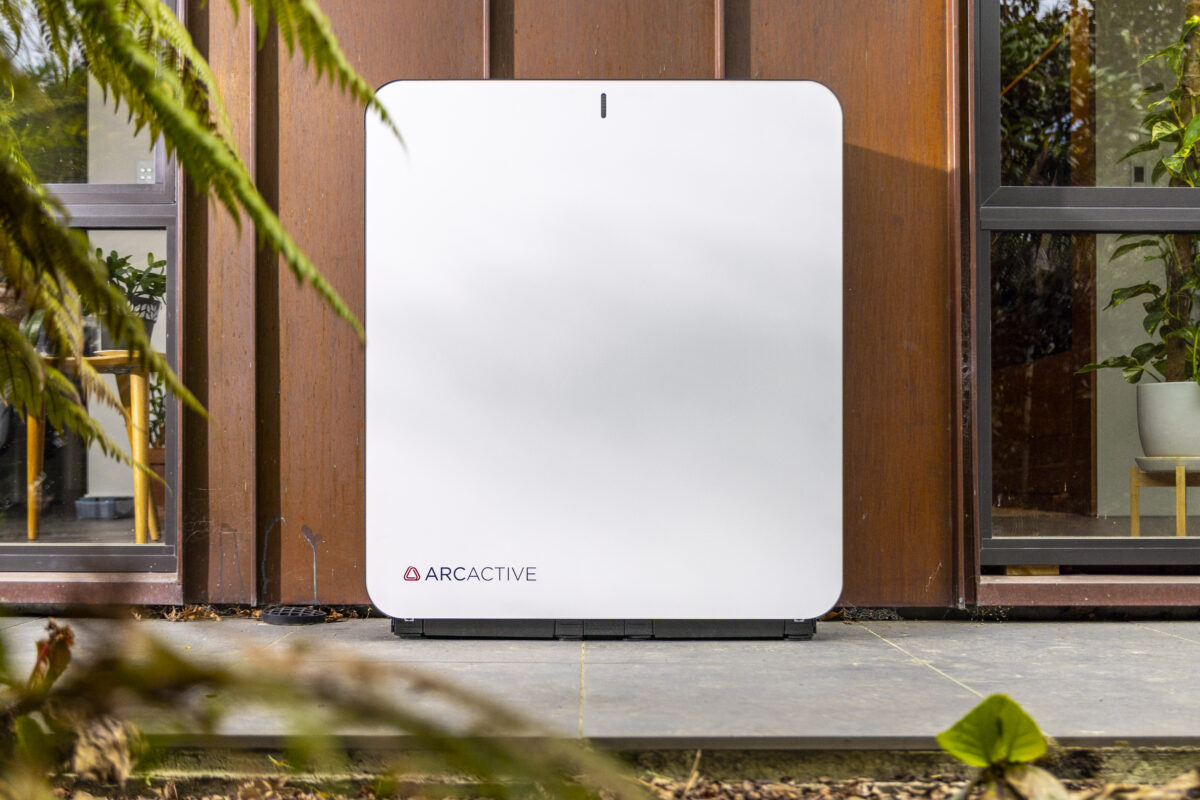The CER said this week in a press release that it was now satisfied that Trina Solar panels meet Australian standards for safety and quality, more than three years after finding the company had made a solar panel certification mistake that raised questions over manufacturing standards.
It’s a conclusion to a process started on May 7, 2020, when the CER accepted an Enforceable Undertaking (EU) offered by Trina Solar in Australia.
The CER had found that Trina had PV panels in the country that were considered ineligible, as they “were either built in facilities that did not have the required certification or were manufactured to an outdated standard.”
The consequence of this meant that the panels weren’t part of the Clean Energy Council’s (CEC) approved PV module list, and the systems installed became ineligible for Small-scale Technology Certificates (STCs) under the Small-scale Renewable Energy Scheme (SRES).
As part of the agreed EU, Trina Solar removed and replaced all the solar panels on over 100 systems across Australia. In addition, it transported at least one panel from each system to a testing facility, and had each panel extensively tested for safety and performance to provide assurance of a quality product.
The CER said that based on the results obtained from testing, it was satisfied that the panels were up to scratch. At the time of the initial reporting in 2020, it was suggested that the problem was a mistake with documentation of the factory provenance, rather than a case of using uncertified facilities.
That said, the various incentives offered rely on the installation of high-quality panels backed by warranties and meeting Australian standards, providing installers and consumers with some level of assurance.
Trina Solar had been required, from May 2020 to August 2021, to provide required additional evidence supporting its panel provenance to the Solar Panel Validation initiative, before that requirement was relaxed.
Further clearance from the CER provides Trina with a potential boost for its panel uptake in Australia. The company has been popular globally, and locally, for its mix of well-priced panels delivering overall more robust reliability and performance.
This content is protected by copyright and may not be reused. If you want to cooperate with us and would like to reuse some of our content, please contact: editors@pv-magazine.com.









By submitting this form you agree to pv magazine using your data for the purposes of publishing your comment.
Your personal data will only be disclosed or otherwise transmitted to third parties for the purposes of spam filtering or if this is necessary for technical maintenance of the website. Any other transfer to third parties will not take place unless this is justified on the basis of applicable data protection regulations or if pv magazine is legally obliged to do so.
You may revoke this consent at any time with effect for the future, in which case your personal data will be deleted immediately. Otherwise, your data will be deleted if pv magazine has processed your request or the purpose of data storage is fulfilled.
Further information on data privacy can be found in our Data Protection Policy.